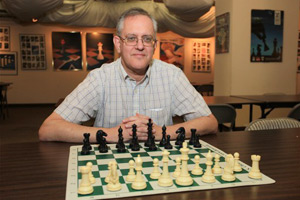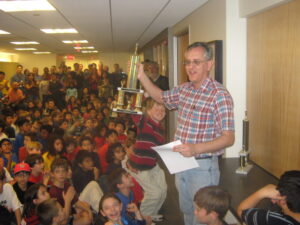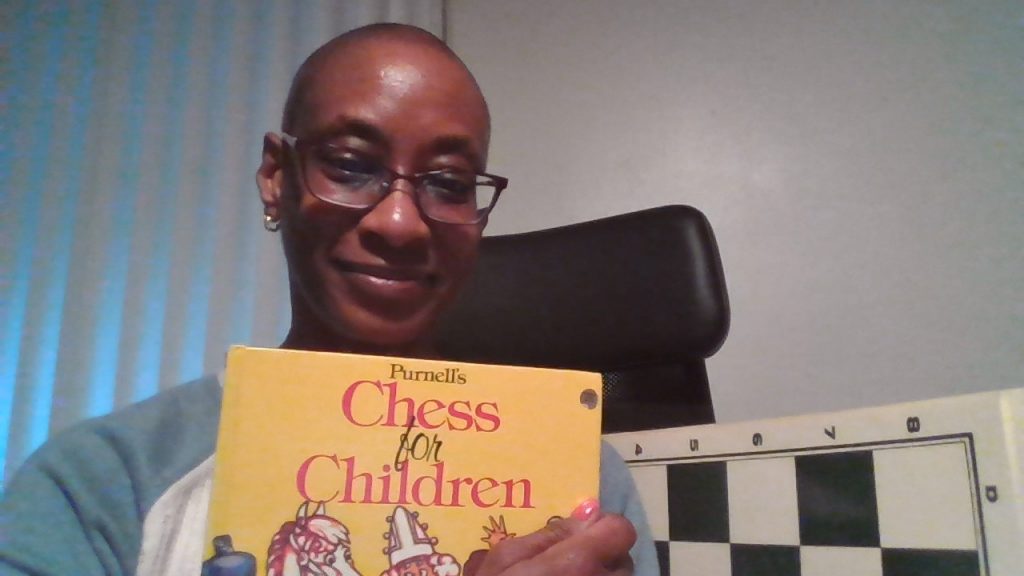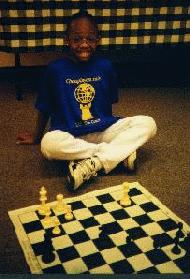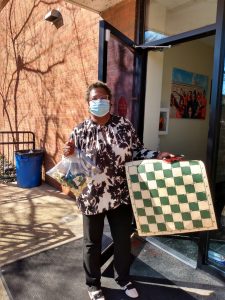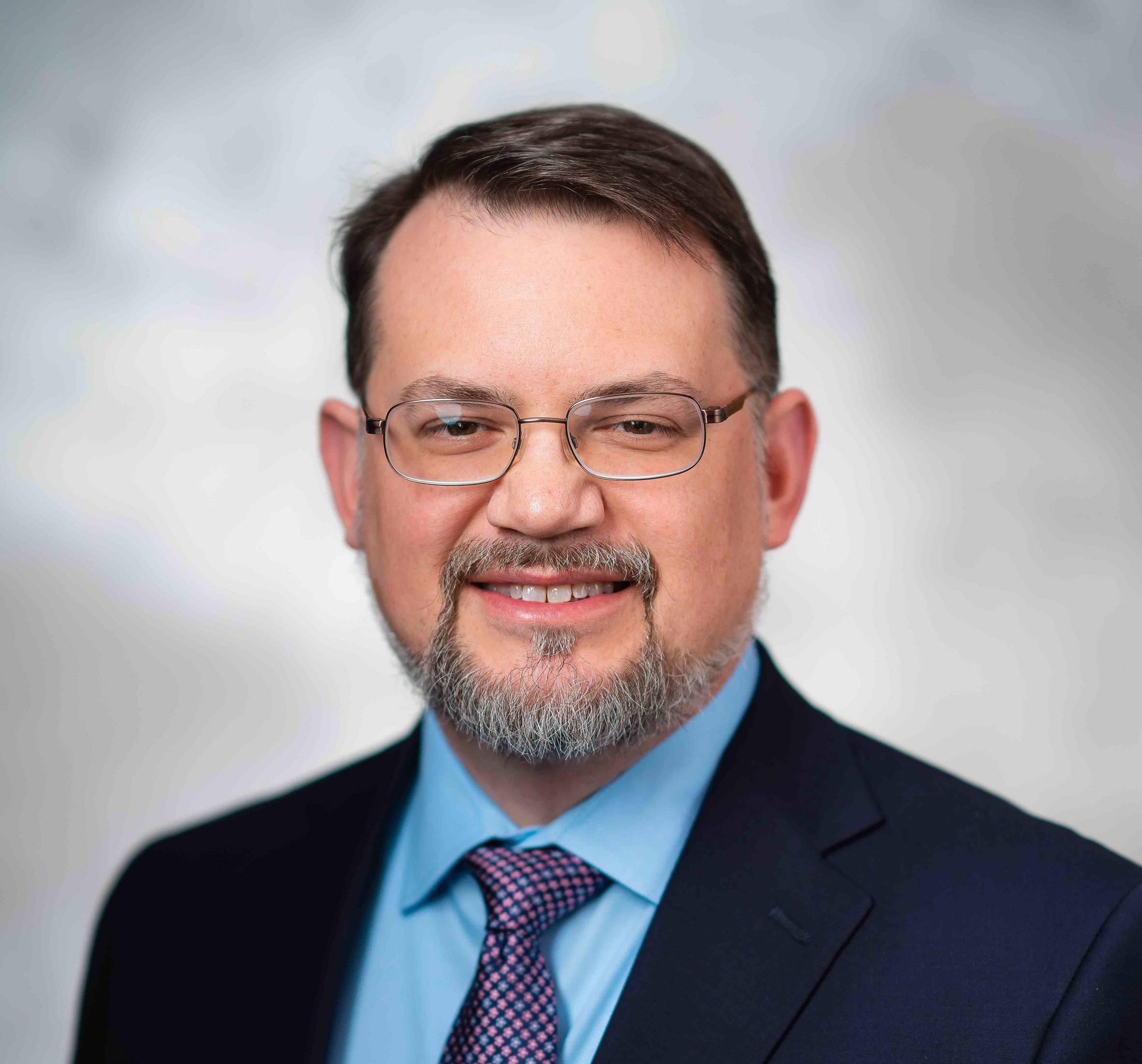Bam! Bam bam!
As a teenager, the sound of palms slapping analog clocks would reverberate throughout our house for hours at a time. In the living room, a row of chess trophies sat on a shelf, witnessing my two younger brothers battling over a well-worn chessboard for hours at a time. Yet, despite the number of hours devoted to chess in my household, I was relatively removed from this activity — chess was something that girls didn’t really do.
Many years later, my interaction with chess was reignited by a challenge I faced as a teacher at McNair Elementary school in Herndon, Virginia: coming up with creative challenging ways to engage my students. At the time, McNair was a Title I school with many students receiving free and reduced lunches, so I was especially interested in a low-cost mentally engaging activity that might not otherwise have been available to them. Although I had not played for many years, I knew chess was definitely the avenue to pursue.
Luckily, thanks to my brothers’ ongoing interest in chess (both were holding outside jobs as chess coaches), I was able to consult them on how I might get started. With the support of my principal and the PTA I purchased some chess sets, a few books, and a teaching board. McNair’s first chess club was on its way! Much to my surprise and delight, initial interest greatly exceeded my expectations.
Fast forward ten years and the chess club remained hugely popular. With the club being consistently offered throughout the years, many McNair students had become skilled players, and several of them could now play beyond my abilities. Meanwhile, McNair had also changed and was now an Advanced Academics school.
Perhaps inspired by memories of the chess trophies sitting on the living room shelf, I thought it might be time to push the chess club in a more competitive direction. The parents supported this idea, and in 2011 we ventured off to the Virginia Scholastic Chess Championships where we placed ninth and fourteenth in the K-3 and K-5 divisions. The kids, their parents, and the rest of the school were thrilled!
At the urging of some of the parents as well as the PTA, I began organizing monthly USCF (US Chess Federation) rated tournaments at McNair. The only catch for me was that, to become a local Tournament Director, I had to start competing myself — a true eye-opener! My first tournament convinced me that I still had much to learn about the game.
Last year I retired from Fairfax County. During my 20 years at McNair I had the pleasure of working with hundreds of students and organizing more than 80 tournaments. I am happy and proud of all my students accomplished as well as how many of them were introduced to an experience they might never have encountered. My hope is that all of my students will continue to play and enjoy all that chess has to offer. As for myself, I am still learning and competing!
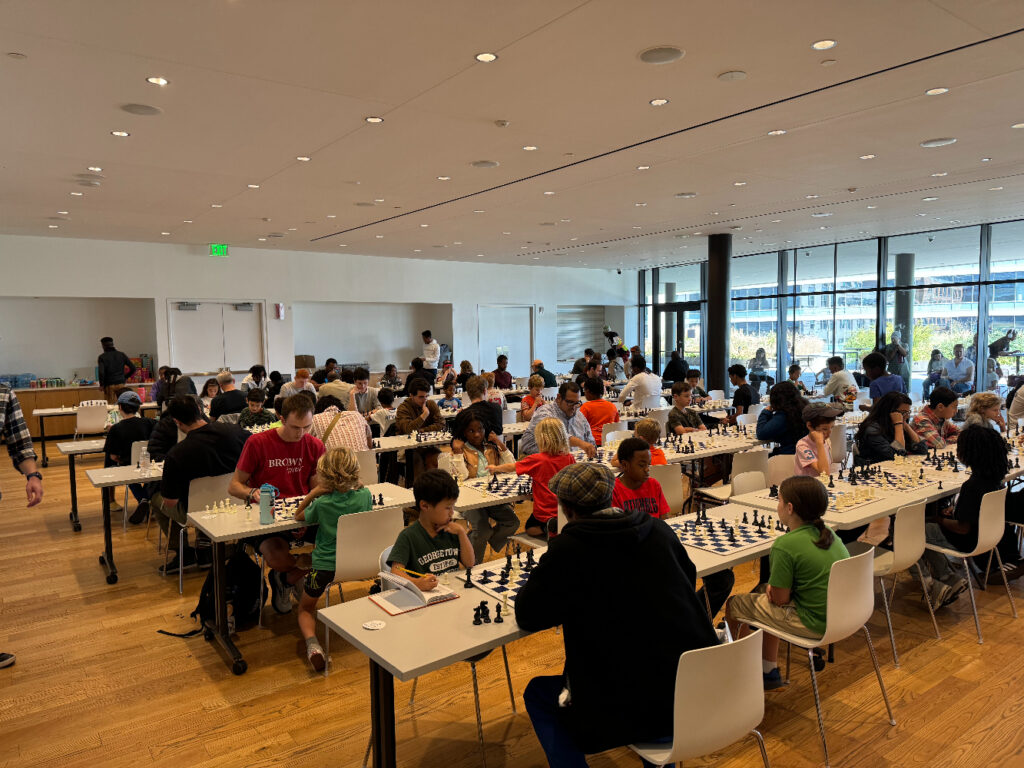
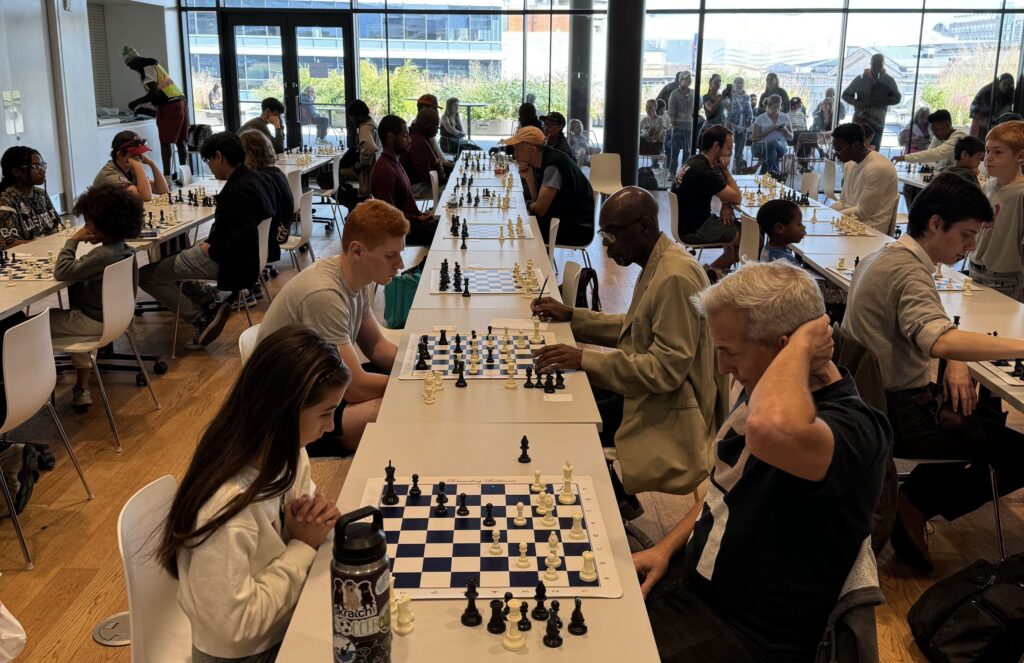
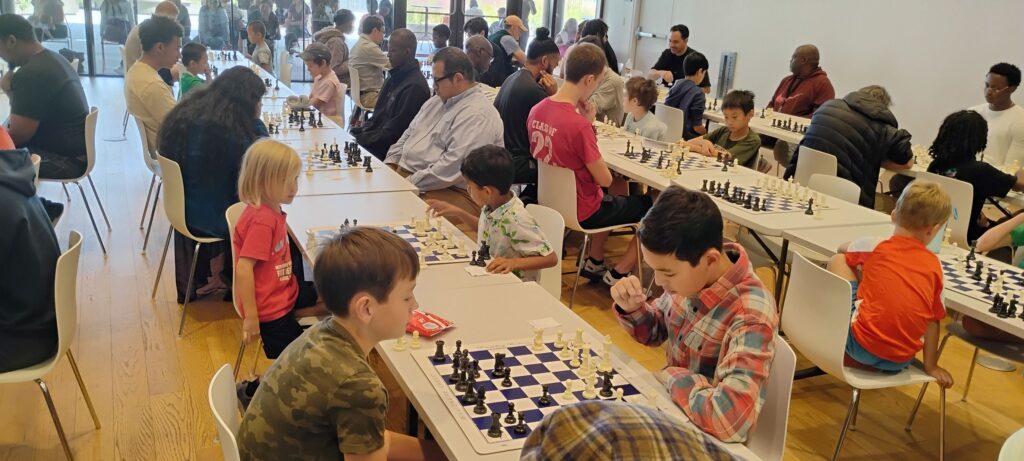
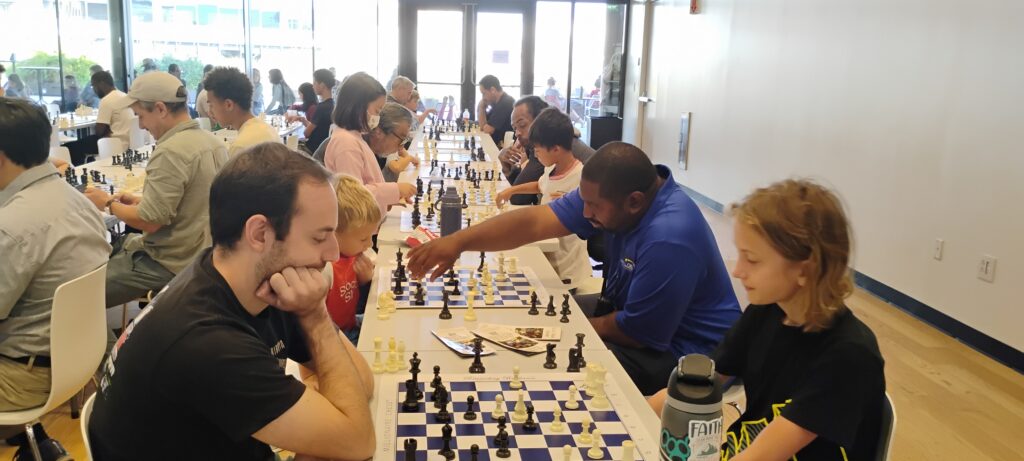
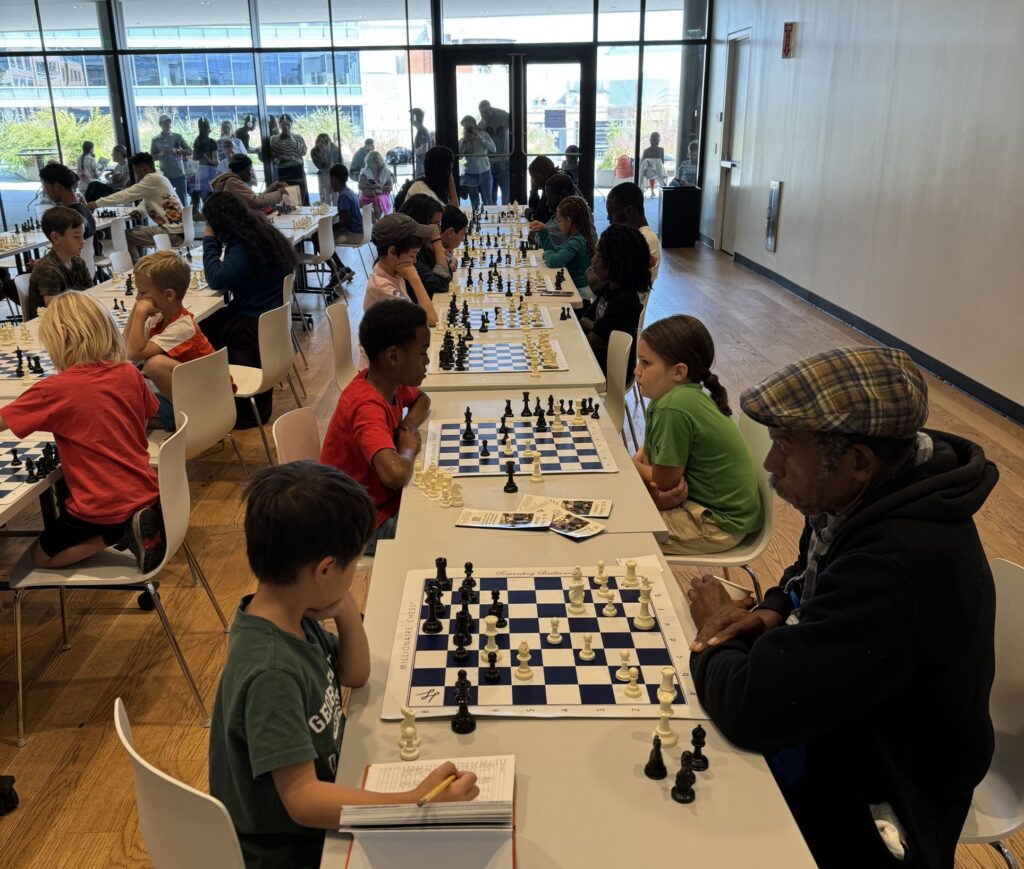
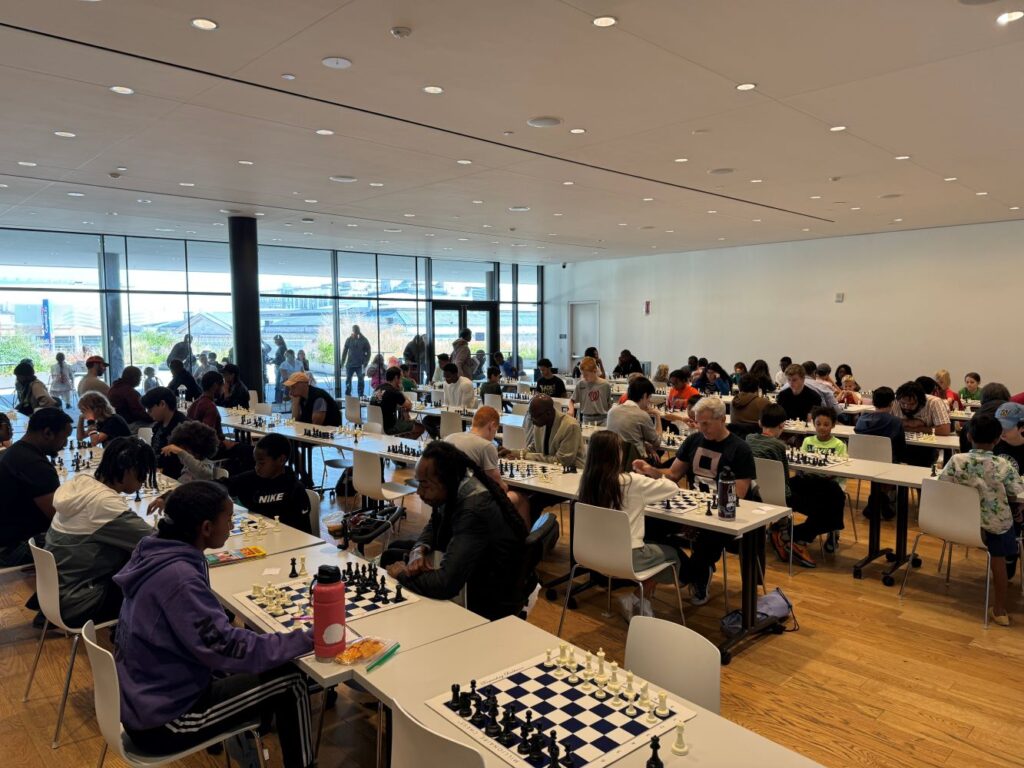
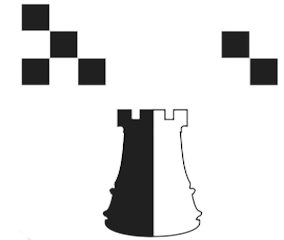
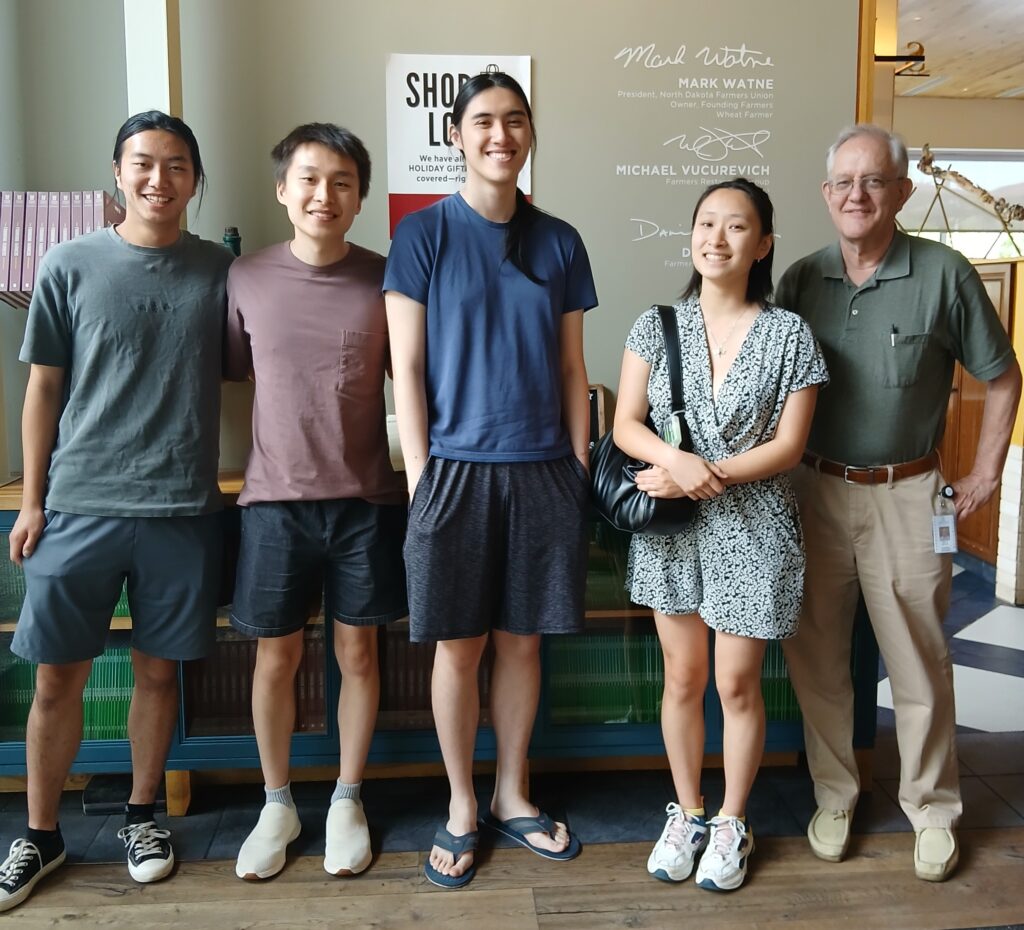
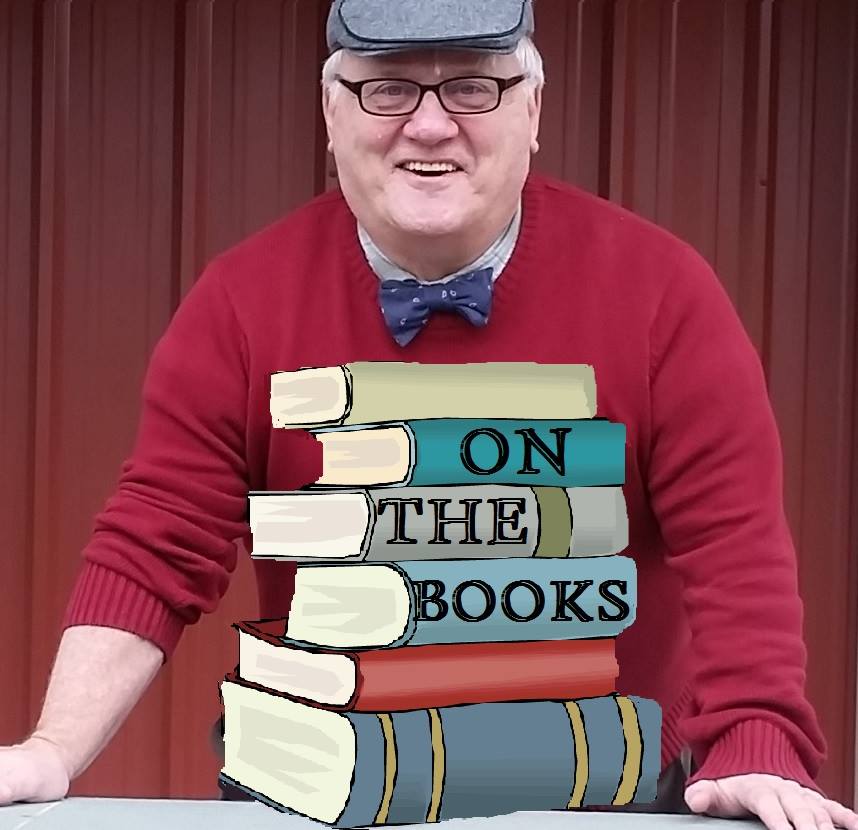
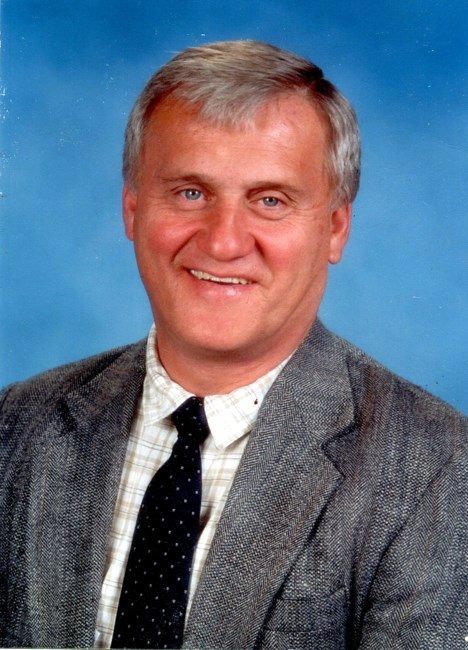
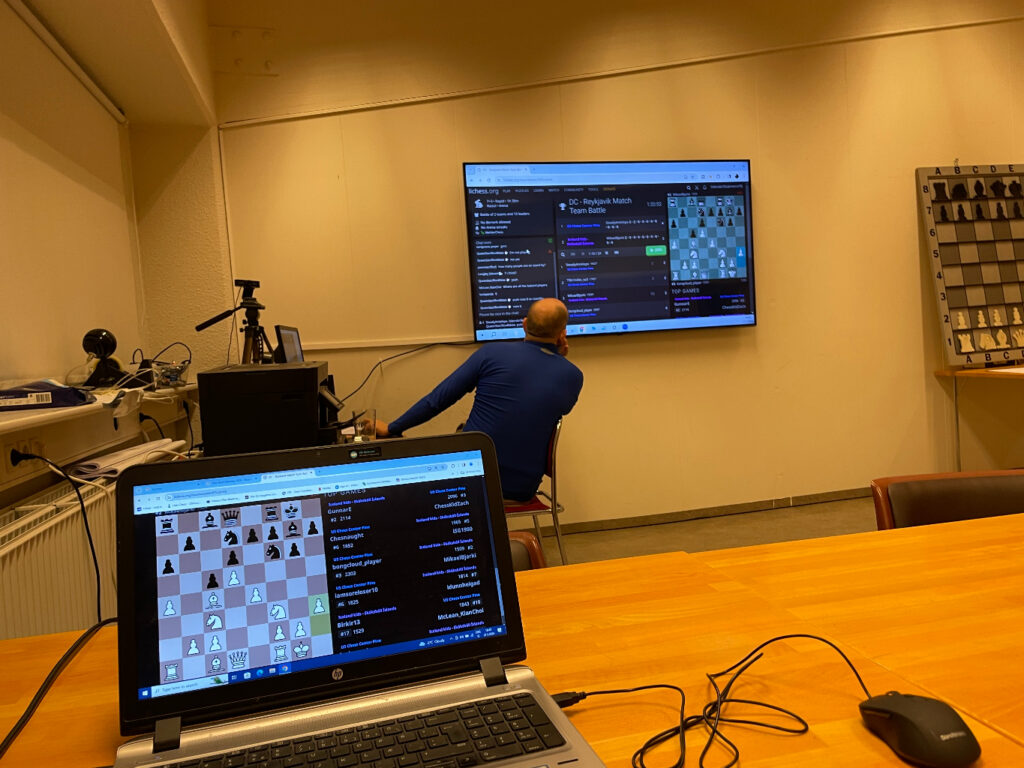
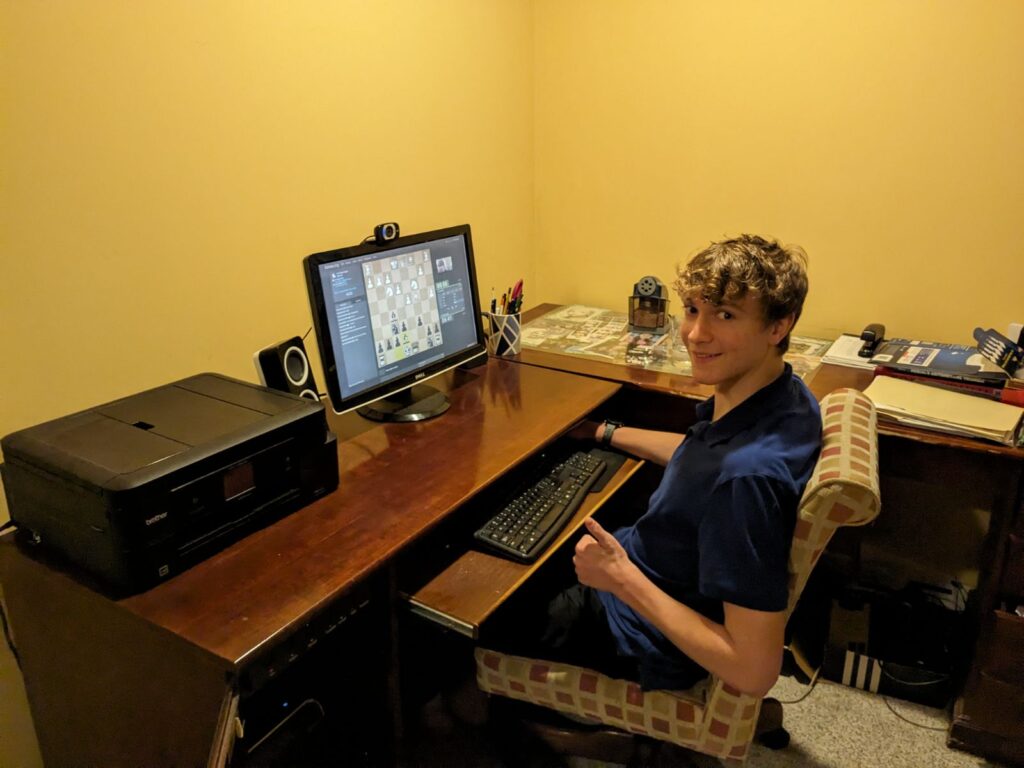
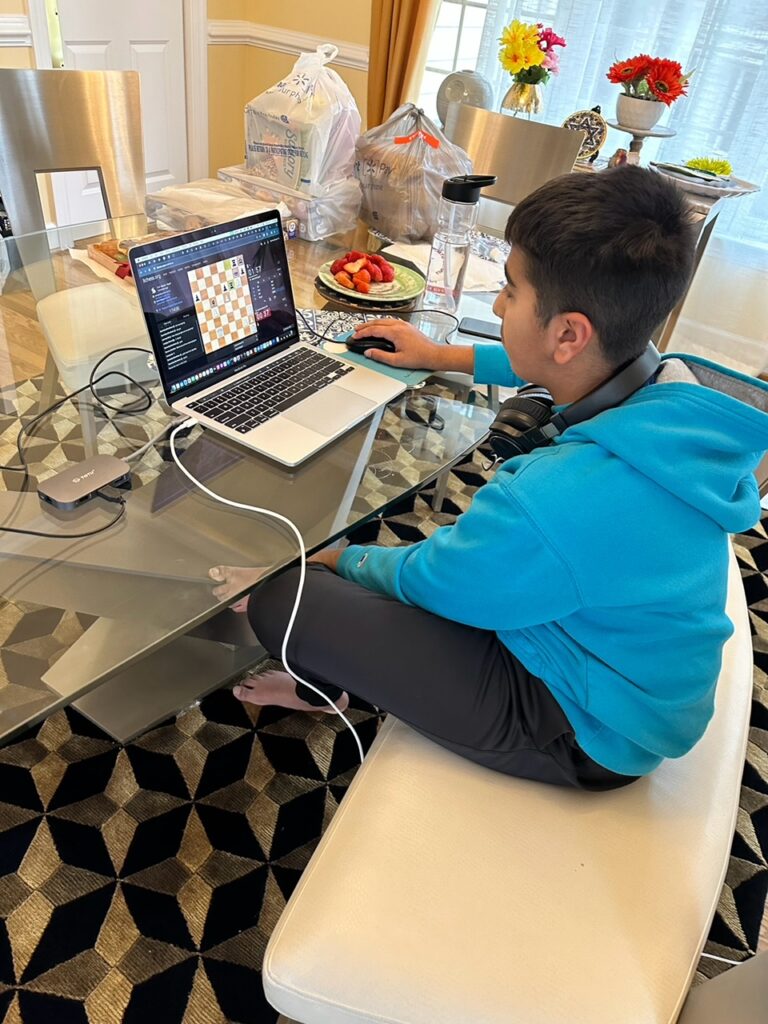
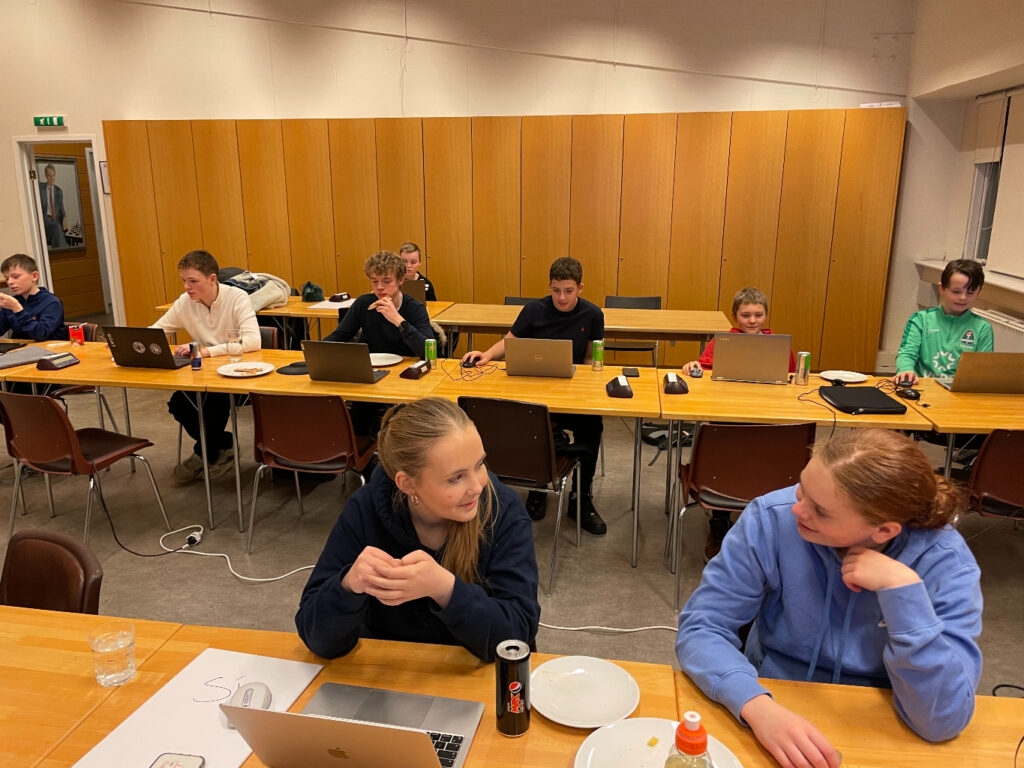
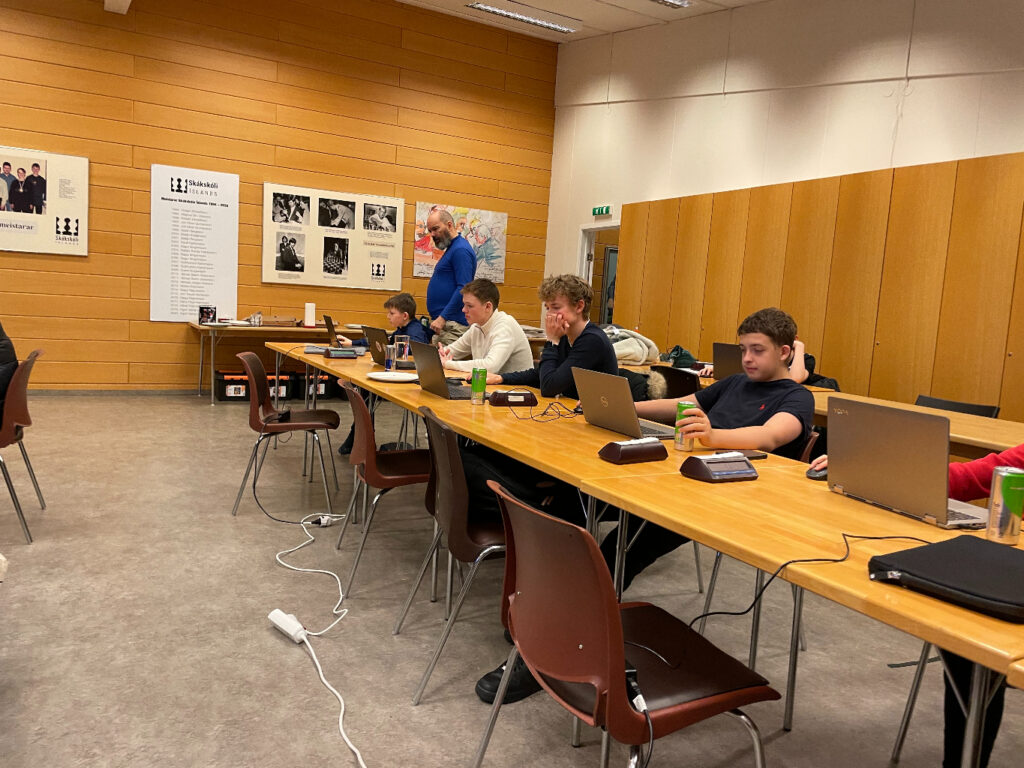
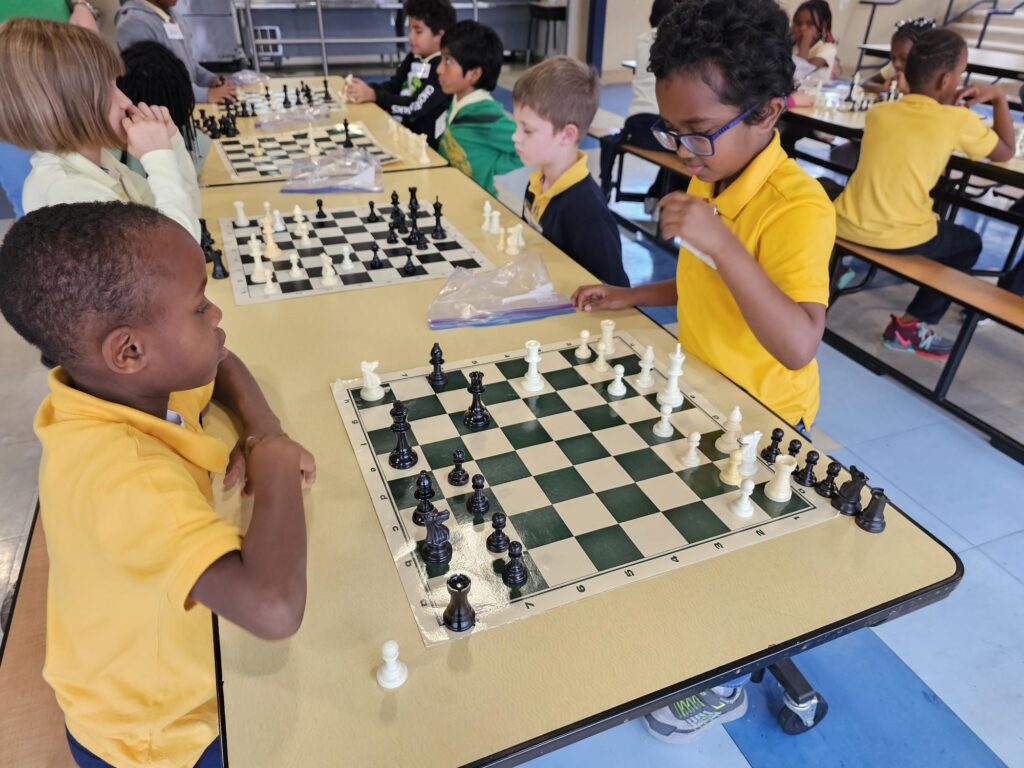
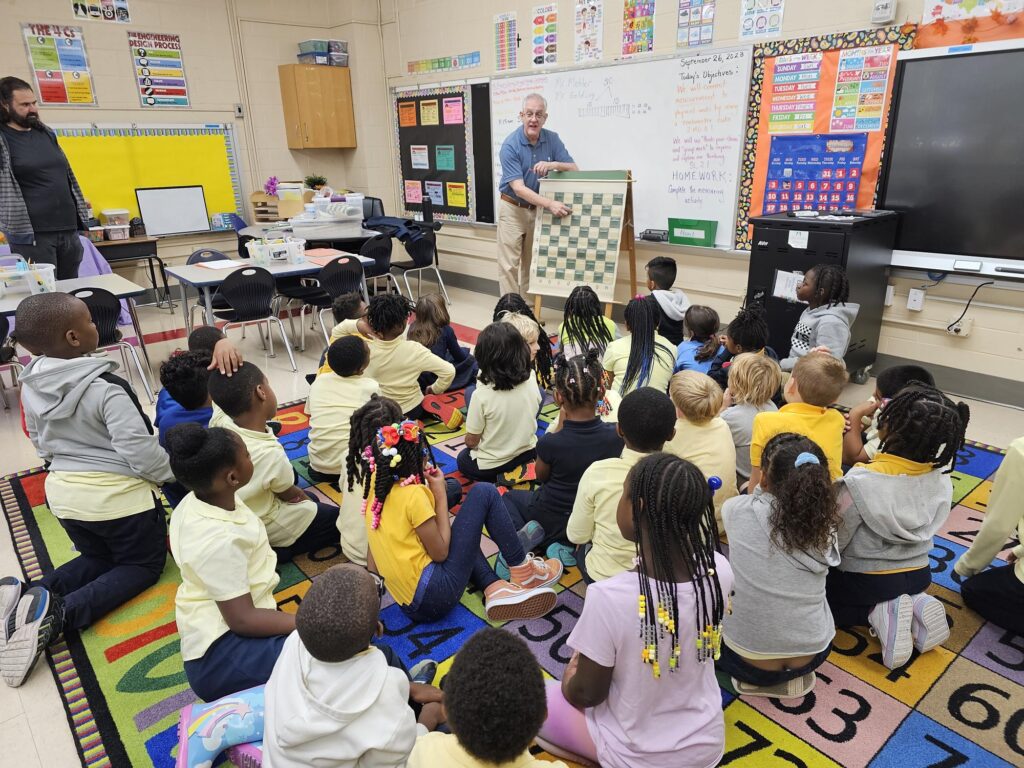
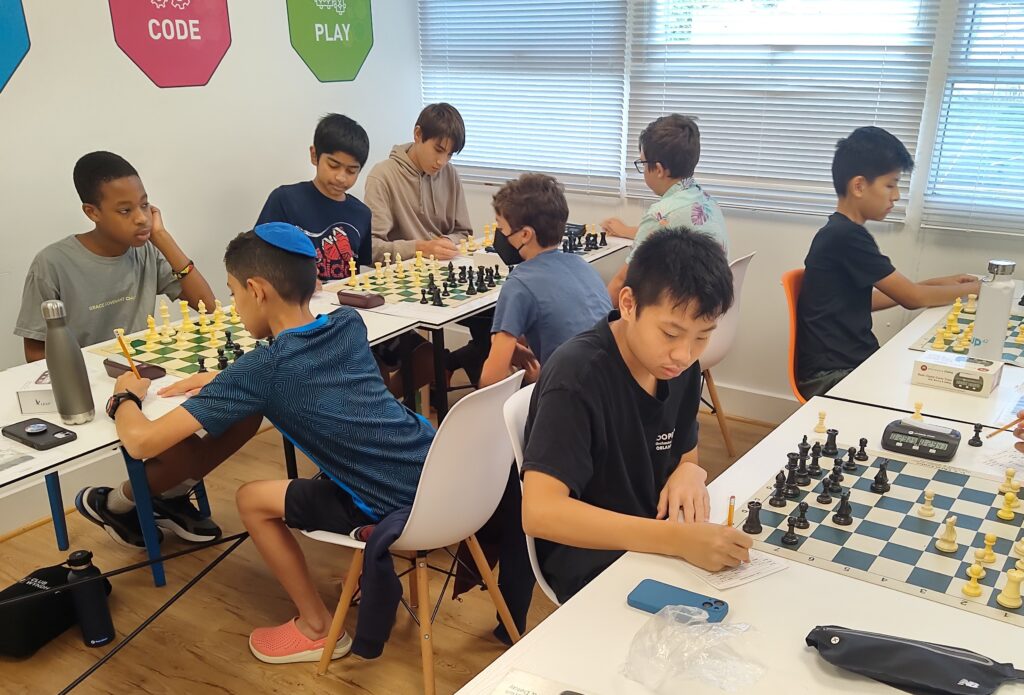
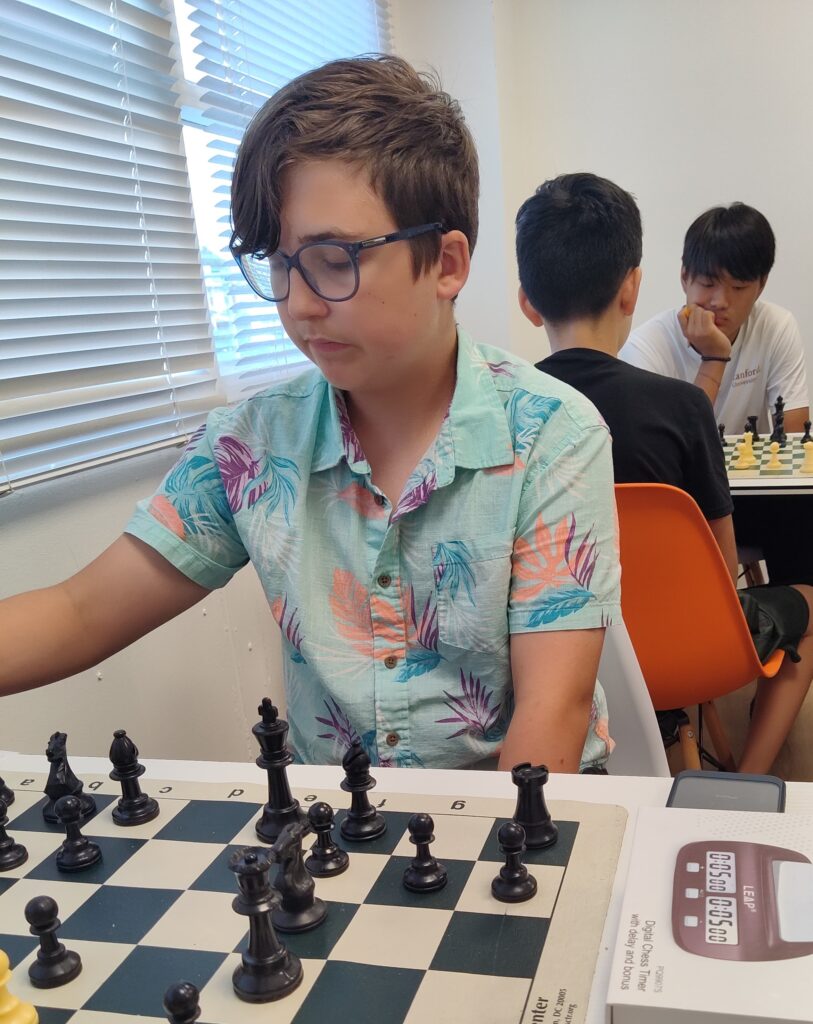
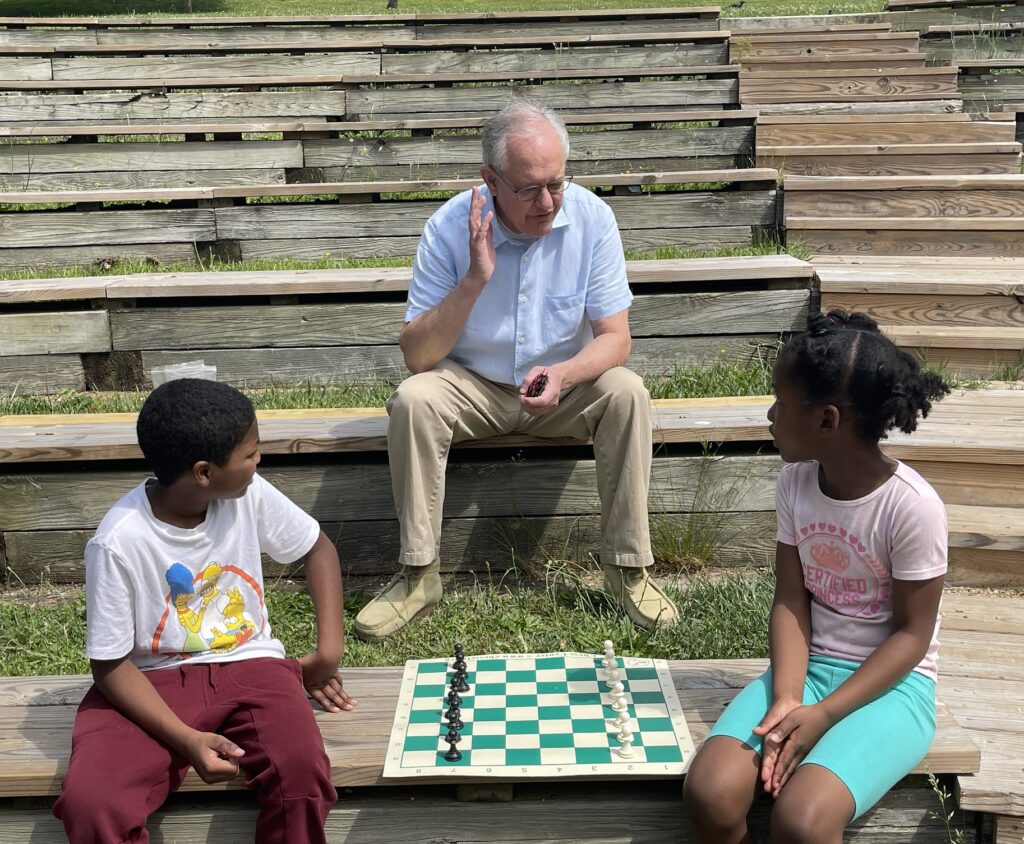
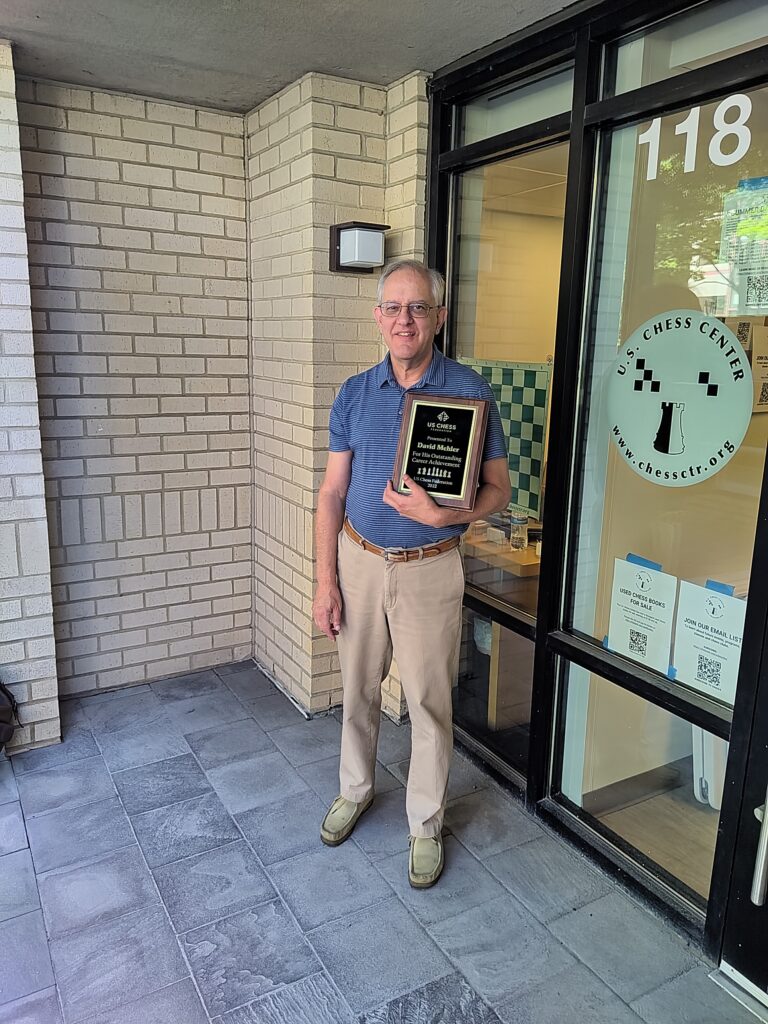
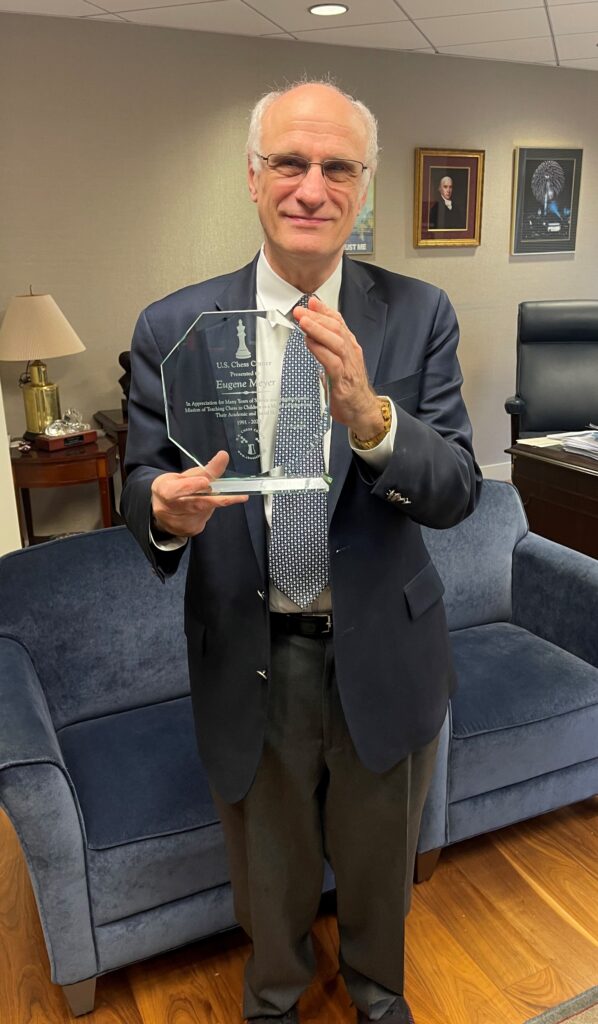
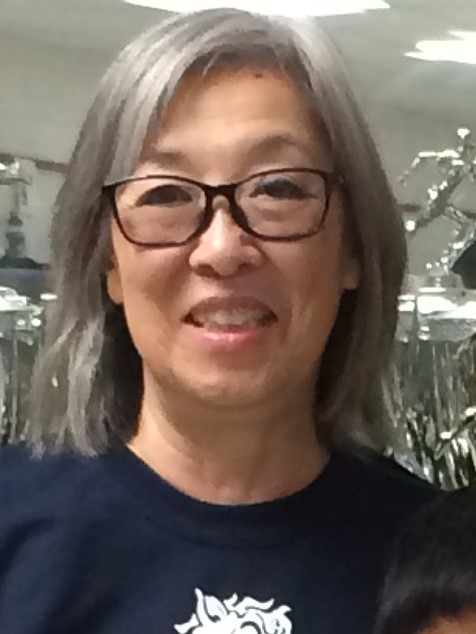
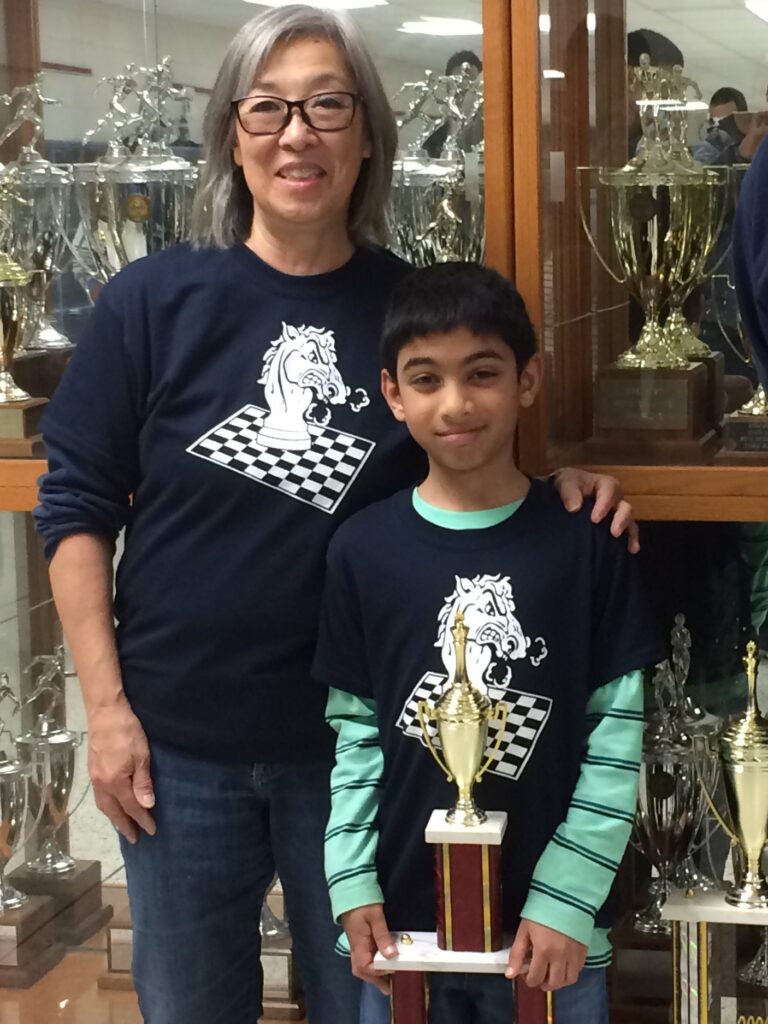
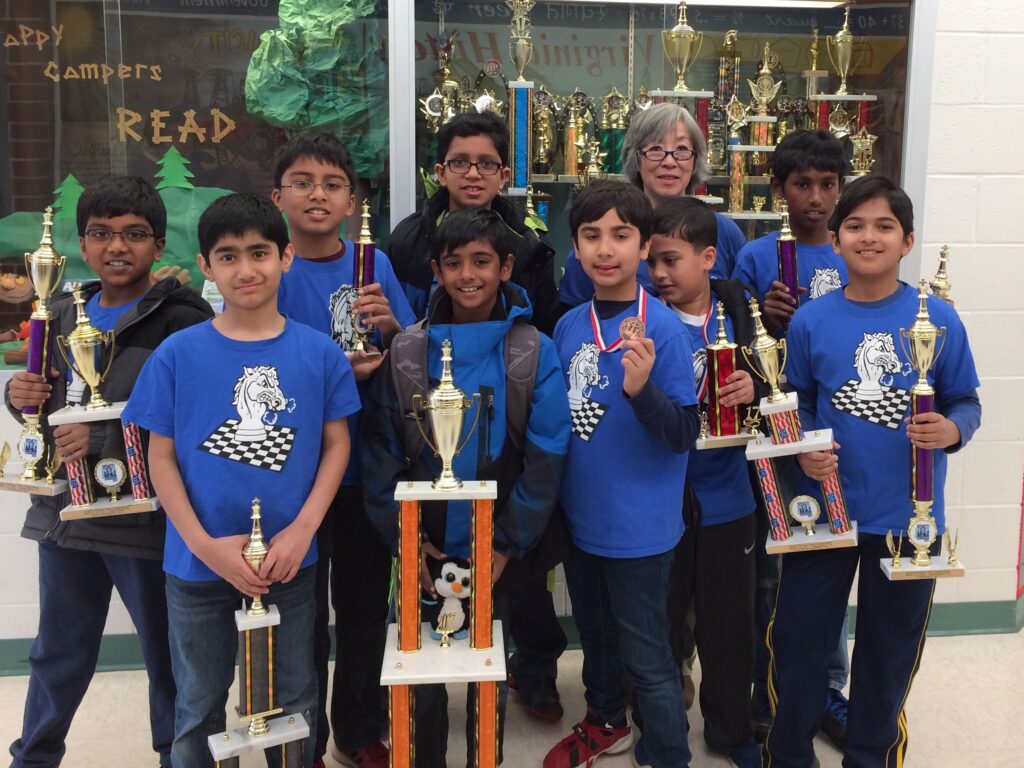
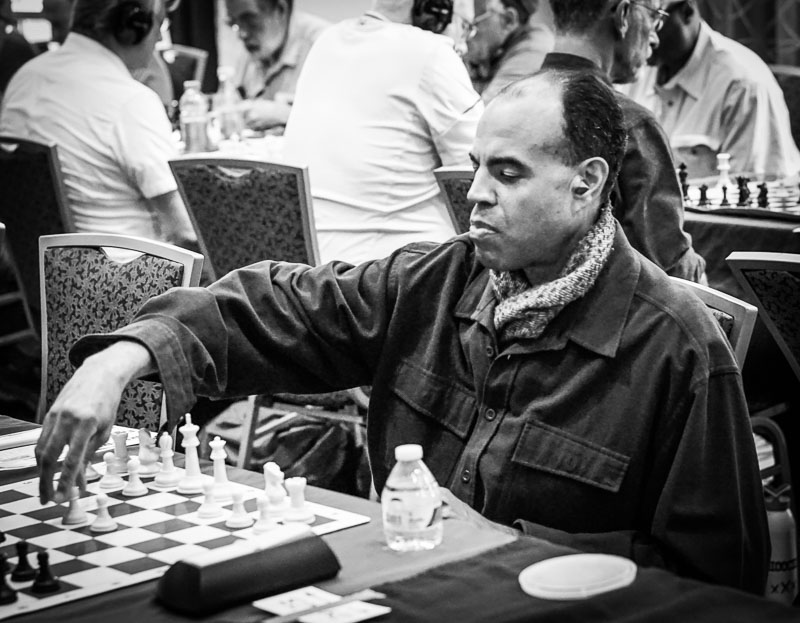
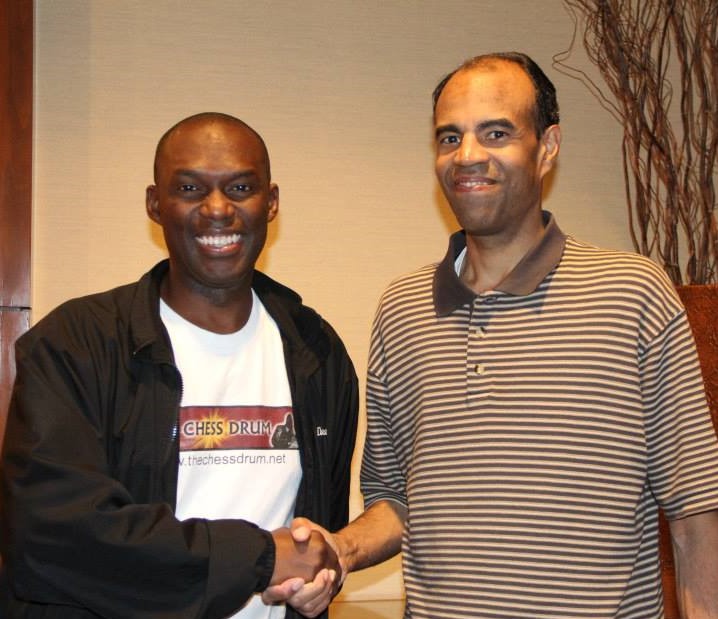
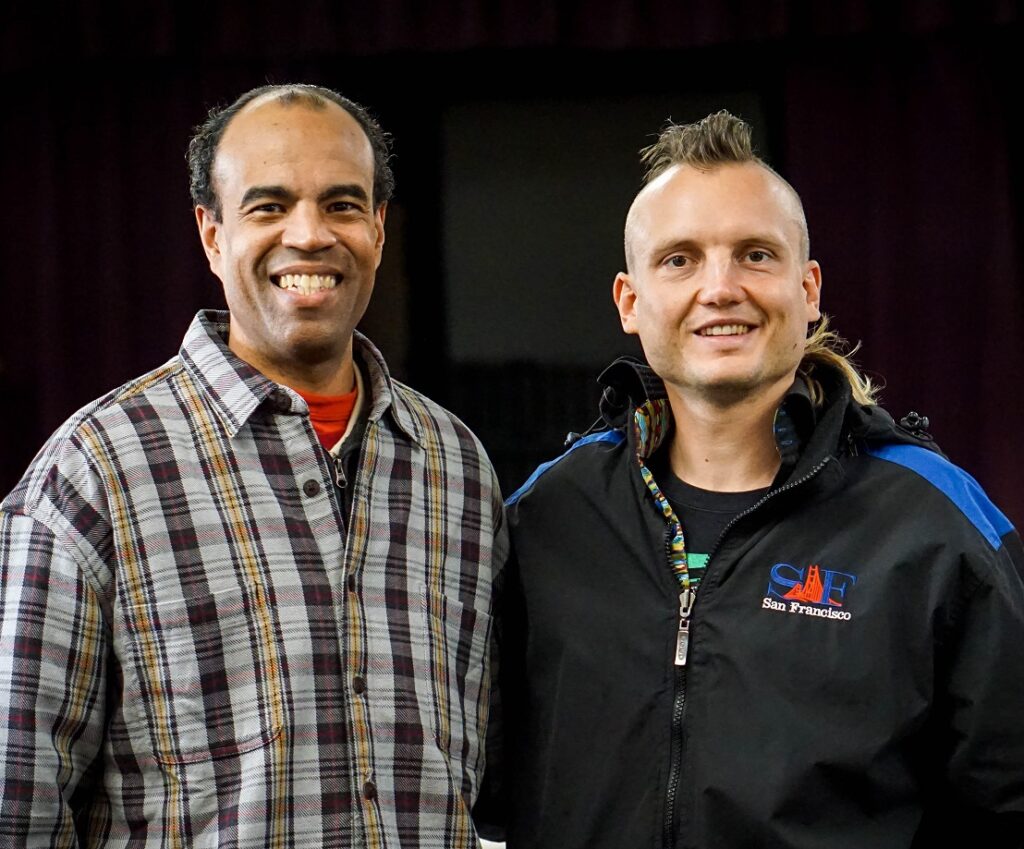
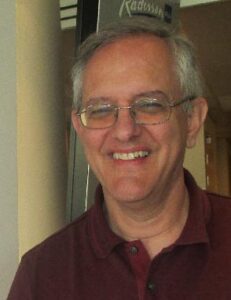 The seeds of my love of teaching were planted in college — not because I had inspirational professors, but through my experiences as a founder of the Pail & Shovel Party. (Google it. I was gone by the time the flamingos landed and the Statue of Liberty arrived, but was involved with the conceptual stage.) Pail & Shovel taught me that anything can be turned into entertainment, entertainment holds people’s attention, and through that attention, education takes place.
The seeds of my love of teaching were planted in college — not because I had inspirational professors, but through my experiences as a founder of the Pail & Shovel Party. (Google it. I was gone by the time the flamingos landed and the Statue of Liberty arrived, but was involved with the conceptual stage.) Pail & Shovel taught me that anything can be turned into entertainment, entertainment holds people’s attention, and through that attention, education takes place.